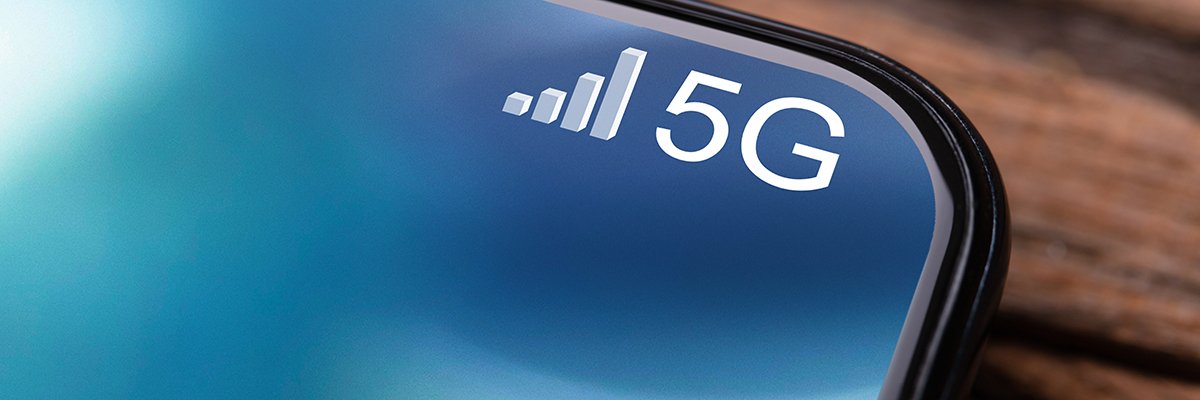Nigeria’s top internet service providers (ISPs) are losing customers.
According to the latest data released by the Nigerian Communications Commission (NCC), the number of active users across 127 licensed ISPs fell to 289,369 in Q1 2025, down from 307,946 recorded in Q3 2024.
Big names, big losses: Elon Musk’s Starlink, which displaced FibreOne to become the second-largest ISP in Nigeria by number of customers, lost a whopping 6,000 subscribers. FibreOne bled more than 14,000. Even the long-standing market leader, Spectranet, saw its user base shrink by 2,189.
Something is in the air, and it’s not Wi-Fi.
What’s really going on? Why are Nigerians, a population famous for being a menace online, now cutting back on internet subscriptions?
One word: a crippling economy.
Earlier in 2025, Starlink increased its subscription cost, from $24.76 to $37.14. In March, Spectranet’s data plans increased by an average of 36%. For many households and small businesses, that’s simply unsustainable. And when the economy forces you to choose between feeding, keeping the lights on, and Netflix-ing, browsing takes the back seat.
Plus, with the rise of mobile network operators (MNOs) offering cheaper and more flexible internet bundles, it is clear why users are ditching ISPs for SIM card data.
Will users eventually ditch ISPs for MNOs? Maybe not fully, but if ISPs don’t tighten their strategy to fit into the low-income country they have set up shop in, they may find themselves buffering in a market that’s moving on without them.










